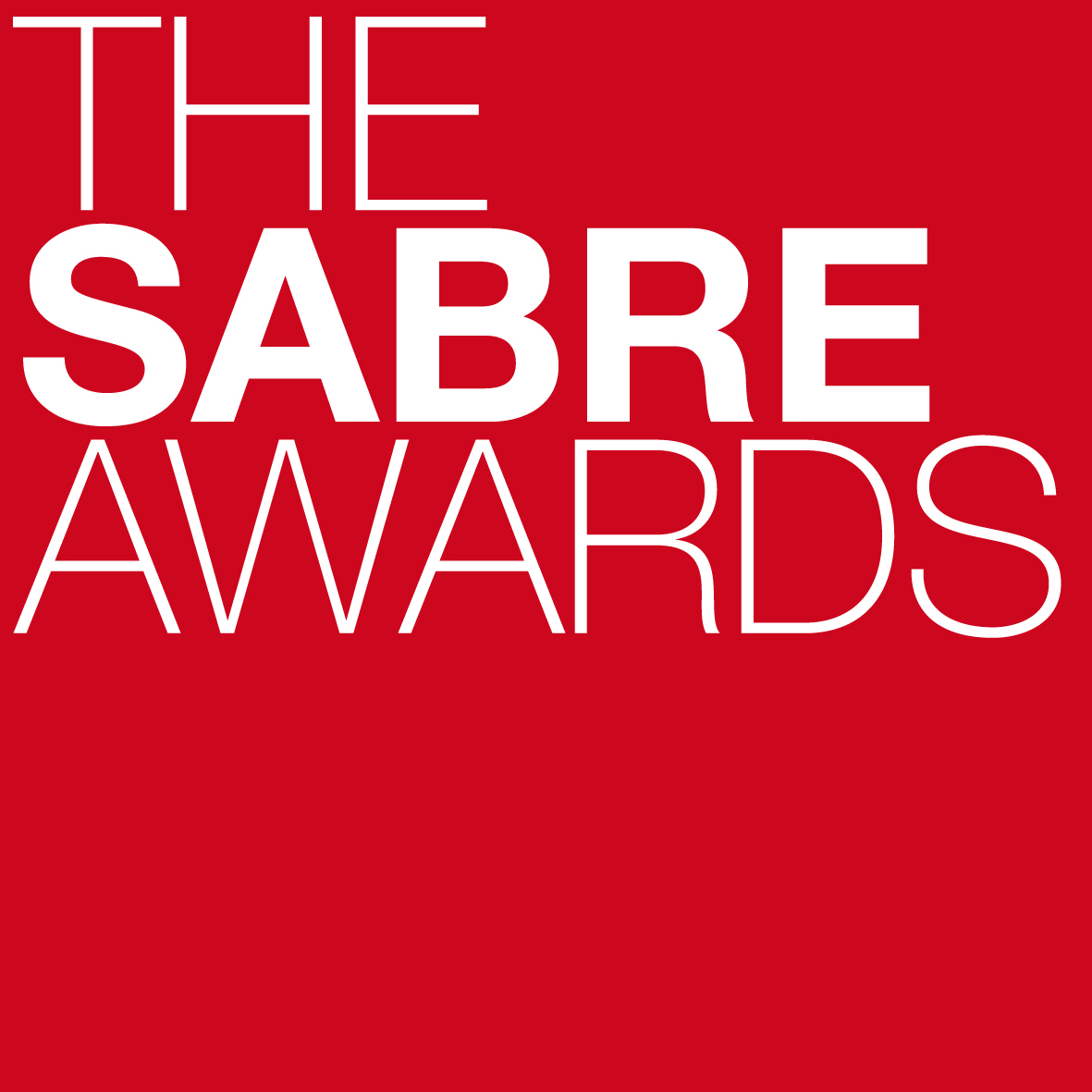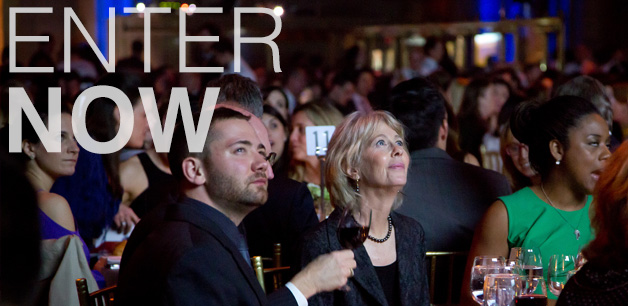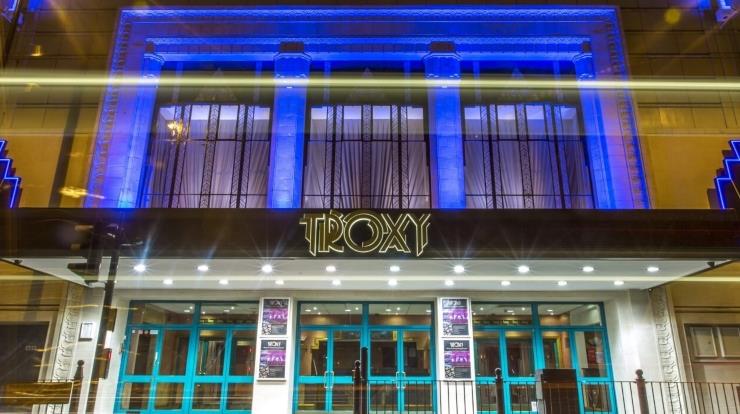
Jeremy Pepper
Director, Communications
University of
Southern California
Los Angeles
Hometown: Detroit, MI & Phoenix, AZ
“We tend to be ahead of the curve, but seem unable to keep the advantage and business, it sees the golden ring before others but is unable to grab it."
As the pandemic took hold, universities were grappling with an unprecedented mental health crisis. This is where Jeremy Pepper, who spearheads USC Student Health media relations and crisis management, stepped up in the name of mental health. He launched campaigns to reestablish trust in Student Health physicians, counseling and mental health at USC, while also helping to humanize the department at a moment when health services were chaotic and urgent. This ultimately led to an increased awareness and use of mental health resources at a time when it was needed more than ever.
How would you describe the communications/PR industry's level of innovation compared to other marketing disciplines?More innovative than other marketing disciplines. Could I add an asterisk? Public relations seems to be at the forefront of many innovative communications and marketing strategies. PR firms were early to online news, saw the opportunities with blogs and social media and were early, influencer relations were being done 20+ years ago with enthusiast sites and more. But then specialty agencies popped up and took much of this work away from public relations, marketing saw the advertising opportunities and dollars and grabbed the land share of social media. We tend to be ahead of the curve, but seem unable to keep the advantage and business, it sees the golden ring before others but is unable to grab it.
Do you think the global pandemic has made the industry more innovative? If you would like, please elaborate on your response.Less innovative, though, might not be a bad thing but rather that the industry itself didn’t seem able to pivot to a WFH strategy and be nimble and fast enough to change to what clients needed (even if they didn't know what they needed). With the pandemic and WFH being the standard - and a whole separate class that were essential workers that had no choice but to continue working - PR seemed focused on trying to figure out how to work itself, like many other companies and industries.
What professional accomplishment are you most proud of?
Back in 2004, I interviewed various people for my blog for Global PR Blog Week. Jack O’Dwyer said something that has always resonated: We are supposed to be a bridge for the press to get to CEOs, not a barrier, but the industry has fallen into the trap of blocking access for the press. I think about that often, and it came to the forefront recently when a reporter noted how hard it was to find press contacts for companies.
While there are times we have to pull the Heisman, there are many times that PR should be that bridge and help reporters. Right now, I make sure that I help reporters (students and others) get the story. One of my former student reporters now at
Newsweek lamented that I spoiled the student reporters, and that in the real world now it’s not nearly as easy to get interviews. That seems wrong.
And today was also such an example, where I was juggling requests from student reporters, an NBC affiliate and a CBS affiliate, working to make sure each got their story and were able to run with it.
We're at a pivotal moment on the future of the office and how we work. How would like to see 'office/work culture' evolve?
This is more than just a pivotal moment, this is a true paradigm shift that will make or break many agencies. What the pandemic has shown the PR industry - and many other industries - is that working from home is a viable solution. But many agency owners are so focused on getting people back into the office that the talent migration we have already begun seeing is just going to accelerate. The firms forging a new way, staying remote, are likely going to win that talent race and will help “flatten” the industry where it will be the best and brightest where they are, not where they are forced to move to New York, San Francisco, Los Angeles, Boston, Chicago — but can be anywhere.
And will clients care where their PR firm staff live? The smarter clients will care just that they have the best, brightest, hardest working staff no matter where they are (Boise, Bozeman, Iowa City, Mars, whatever) to do their work, and know that if needed to be on-site for projects, that it is possible and feasible.
How can the PR industry make real progress in diversity, inclusion and equity?
There won’t be real progress until junior staff can look at leadership and see themselves. If you don’t see someone like yourself in management positions, why stick around? Who is going to understand what you are going through, what you are thinking? If you’re looking for diversity and equity, it’s likely happening at minority-owned or diversity focused agencies. And while some of those agencies are owned by the large conglomerates, there does not seem to be movement beyond those agencies to the larger holding companies.
I don’t think this is consciously done but that’s the whole point of DE&I – it’s realizing what is happening and making a conscious effort to change things for a more diverse, inclusive, and equitable workforce. One of the best things I did the past year was the DE&I in the workplace certification to recognize and think beyond oneself (which I do to make sure the stories told are diverse and more).
What makes you most excited or proud to be part of the PR industry?
For me, it’s the continuing evolving of the industry that embraces new technology, platforms, and ways to tell the story.
But it’s about telling the story. We are here to tell the stories to the public in various ways, and sometimes it is the stories that would never get out there that deserve to be told. And while that seems a bit simplistic and very consumer or people-based, it also is true for other disciplines. There are always interesting stories in the data, in the people at companies, in the products that are interesting and challenging and make the work fun for me, and excited to see what the next day will bring.
What are your fears/concerns for our industry?
Remember the scene from "Tommy Boy," where he talks about how he gets obsessed with his shiny new toy and then he crushes and ruins it? I think the industry sometimes gets caught in the same loop. The industry gets very excited about the latest thing – content! Influencers! Social Media! Metaworlds! Crypto! Employee Engagement with points! – and seems to throw the foundational skills out with the bathwater.
If we don’t remember the basics, we won’t be able to put those skills to work with the new. A lot of what we do is foundational, and the skills are transferrable to new platforms, disciplines and more. But if we just jump into every new thing, we do a disservice to our clients/work by ignoring the programs that help move things forward and are the results that the client wants and needs.
What inspires you? This could be a person, place, activity, etc.
My friends.
I have a handful of very close friends that I know are there for me when the chips are down. And have been. And I would do the same for them.
And while we have different paths – one of the friends mentioned his life plan, and my response was that I don’t even believe in 5-year plans because things happens – they are the people I can go to for advice, inspiration, confirmation and just warm fuzzies. They inspire me to reach for what I want in work, life and more and help me on that path.
What are you thinking about most these days?
Mental health. One of the things that COVID-19 has brought to the forefront is the need to discuss mental health, a better life/work balance and the need to unplug and detox.
Our industry, though, does not reward that balance but rather pushes a bill or perish mentality (memories of being told I wasn’t billable enough when I was at 105+ percent billability). With a new generation coming into the industry, they have different ideas and views of life/work balance, working from home, and making sure they have good mental health.
If the industry doesn’t catch up, the industry will be left in the past. And while it may be hard for agency leads to accept this new normal, this will be a survive or die moment.
What is your idea of happiness?
More or less.
I’ll tell a story – last year, I had a traumatic event happen at work that I was connected to, and I was told to take the rest of the day off as a mental health day. Because of the event, I was also contacted by work counselors.
After the hour-long conversation, the counselor said “I feel so much better. There’s just a happiness that exudes from you, you make people happy with your outlook and cheerfulness.”
While the person was supposed to be making sure I was okay and felt better, it was an interesting comment that has been repeated or reiterated to me by friends and colleagues in terms of resilience, a love of life, and just an overall happiness.
I don’t have a concrete idea of happiness; I have always been okay with myself and been able to go through the good and bad and come out on the other side. And I think that’s a big part of what happiness is: being happy and okay with yourself and accepting and dealing with what life throws at you.
If you have good friends that have your back, and know that you have peace in your life, to me that’s pretty much happiness.
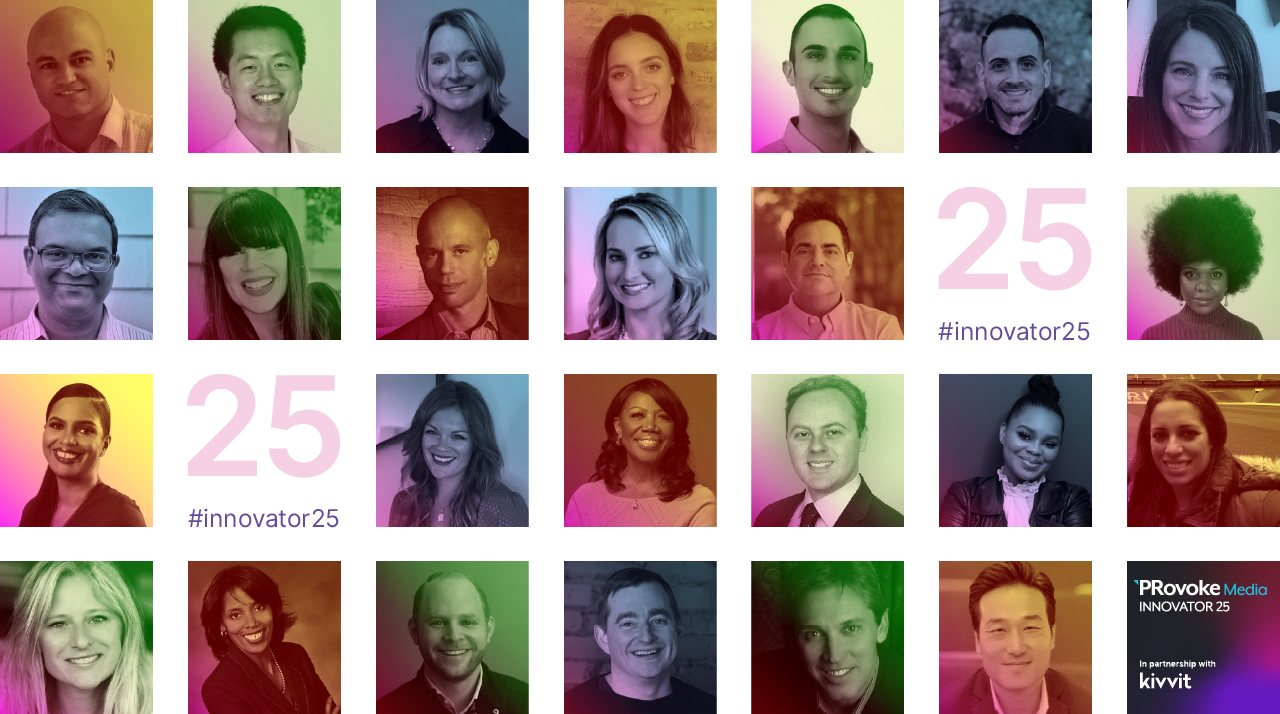
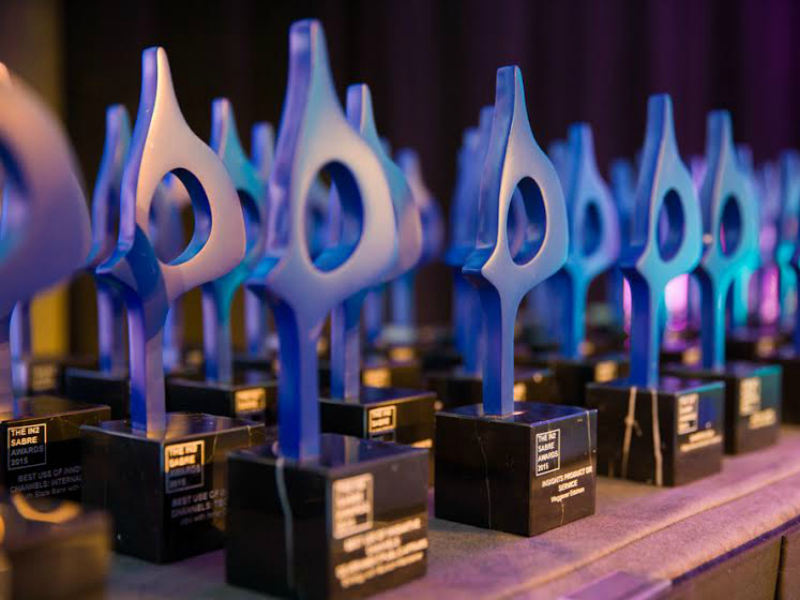

 Podcasts
Podcasts Videos
Videos Profiles & Interviews
Profiles & Interviews Crisis Review
Crisis Review Coronavirus
Coronavirus Trend Forecasts
Trend Forecasts Social & Digital
Social & Digital Technology
Technology Consumer
Consumer Employee Engagement
Employee Engagement Sports Marketing
Sports Marketing  Global PR Agency Rankings
Global PR Agency Rankings Agencies of the Year
Agencies of the Year Innovator 25
Innovator 25 Creativity in PR
Creativity in PR Asia-Pacific Communication Index
Asia-Pacific Communication Index SABRE Awards
SABRE Awards PRovokeSummit Global
PRovokeSummit Global PRovoke Media Regional Series
PRovoke Media Regional Series Agencies of the Year
Agencies of the Year Roundtables
Roundtables Agency Playbook
Agency Playbook.jpg) All Jobs
All Jobs



